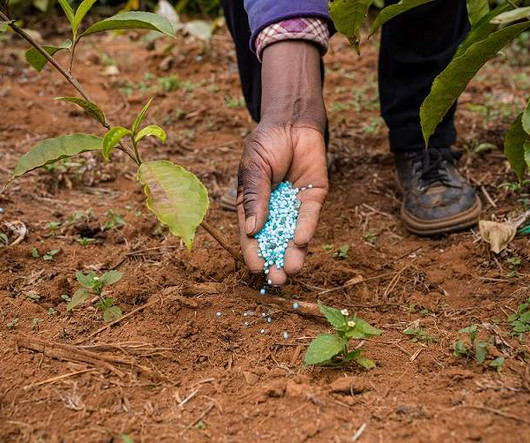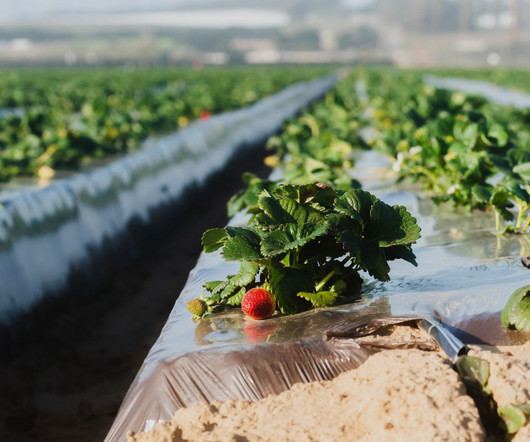Fertilising Plants – All you need to know
Kavya Organic Farm
AUGUST 24, 2023
Nitrogen helps with greenery, and potassium helps with plants’ stalks and straws Why fertilisers? Some traditional farming and agricultural methods, to date, use other methods of fertilising plants, especially farm manure and compost. A crucial use of this in the case of fertilising plants is that it strengthens the roots of the plant.











Let's personalize your content